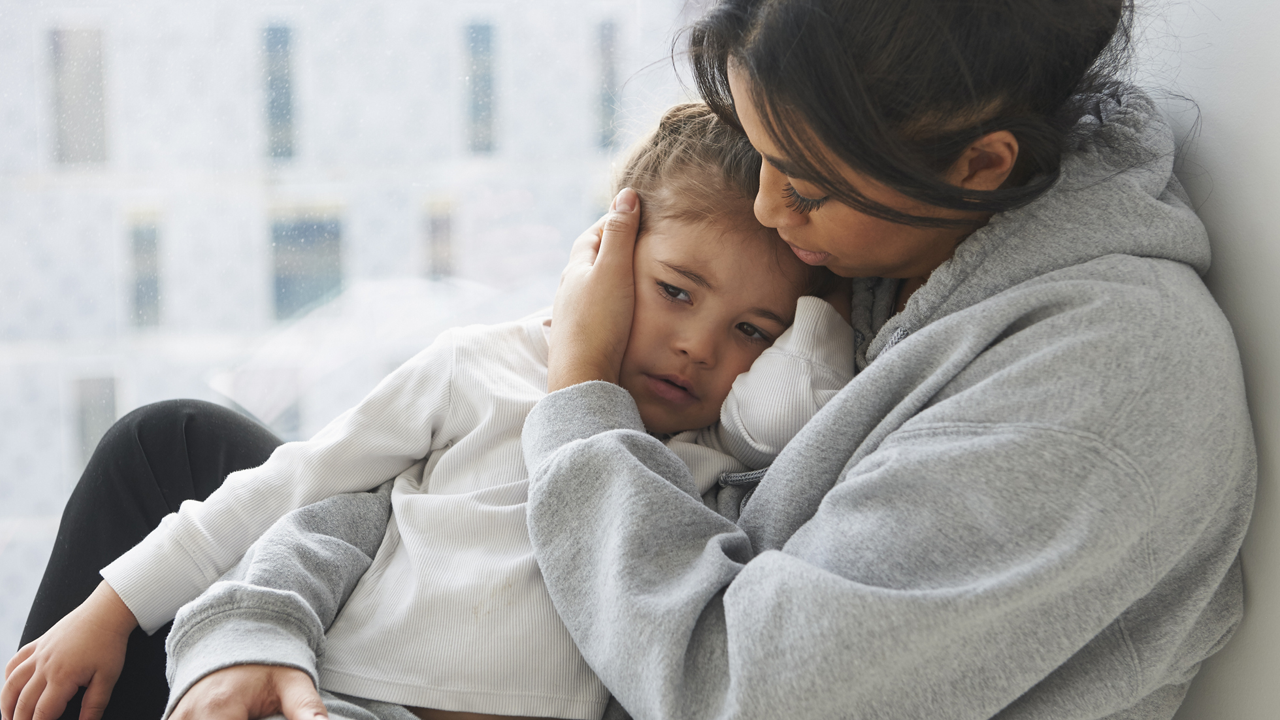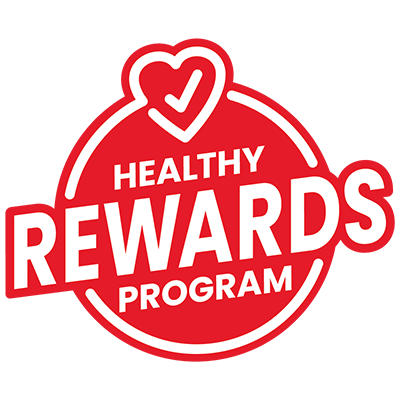Infant and Child Health Care
Well-Child Checkups and Immunizations
Why are Well-Child Checkups so important?
Going to Well-Child Checkups is one of the best ways to ensure your child gets the care they need to be and stay healthy.
Well-Child Checkups help your provider find and address health problems early before they become serious. They are also a great opportunity for you and your provider to work as a team for your child’s health. These checkups are detailed medical examinations, which include:
- Complete physical exams that include measurements for growth and development.
- Immunizations at recommended milestones
- Blood tests to screen for common problems like anemia, lead, cholesterol and diabetes.
- Vision, hearing, dental, blood pressure, autism and behavioral health screenings.
- Guidance on nutrition, safety and what to expect as your child grows.
- And more!
Why are immunizations so important?
Whether your child is at home or attending school or daycare, it is important to stay on top of their immunizations.
Childhood vaccinations save an estimated 4 million lives worldwide every year. With outbreaks of vaccine-preventable diseases like measles, polio, and diphtheria on the rise, getting immunizations earlier in life could not be more critical.
 Download the Well-Child Checkups and Immunizations Schedule
Download the Well-Child Checkups and Immunizations Schedule
Common Infections: 3 Months-12 Years-Old
Many infections can affect your child’s health from when they are 3 months to 12 years-old. The most common are Upper Respiratory Infections, like Acute Bronchitis/Bronchiolitis and Pharyngitis.
What you need to know about these common infections
- An upper respiratory infection affects the upper part of your respiratory system, including your sinuses, throat, lungs or airways.
- Symptoms:
- Runny nose.
- Sore throat.
- Cough.
- Treatment: Treatment for URIs often includes rest, fluids and over-the-counter pain relievers. Infections usually go away on their own.
- A chest cold, often called acute bronchitis, occurs when the airways of the lungs swell and produce mucus in the lungs. That’s what makes you cough. Acute bronchitis can last less than 3 weeks.
- Symptoms:
- Coughing with or without mucus.
- Soreness in the chest.
- Feeling tired.
- Mild headache.
- Mild body aches.
- Sore throat.
- Treatment: Acute bronchitis usually gets better on its own—without antibiotics. Antibiotics won’t help you get better if you have acute bronchitis. You or your child should get plenty of rest and drink plenty of fluids. In some cases, using a humidifier and/or using a saline nasal spray can also help.
- Pharyngitis—commonly known as sore throat—is caused by inflammation of the pharynx. It is usually caused by viruses such as the common cold, flu or mononucleosis (mono). Bacterial infections can cause pharyngitis, too, like strep throat.
- Symptoms:
- Sore throat.
- Dry, scratch throat.
- Pain when swallowing.
- Pain when speaking.
- Treatment: The treatment depends on the cause. Viral pharyngitis goes away on its own, but can be helped with salt water gargles, pain relievers and extra fluids to help alleviate the symptoms. Only bacterial pharyngitis is treated with antibiotics.
Here are some easy things you and your family can do to stay healthy:
- Good sleep, a balanced diet, and moderate exercise can help reduce the risk of getting sick.
- Keep up with immunizations.
- Wash your hands often, with soap and water for at least 20 seconds.
- Keep good respiratory hygiene by covering your nose and mouth with a tissue when you cough or sneeze.
- If you are sick, stay home and avoid contact with others to keep them healthy.

Skip the ER! You Have Options.
Download a quick reference guide to have handy to know your options. Get the care you need when you need it.
Mental Wellness
If your child or adolescent has an emergency and needs mental health or substance use treatment immediately, go to the nearest emergency room or call the Mental Health/Drug Abuse Hotline at 800-731-8529. Someone will help them get care right away.
Mental wellness can impact our thoughts, feelings, and actions, and it is an important part of maintaining a healthy life.
Your child’s doctor will be screening for mental health problems like depression, anxiety and substance use as part of a complete checkup. This is important since millions of children and adolescents experience a mental or substance use condition without knowing it. Many do not recognize the symptoms and do not ask for help because of that. It is important to remember that treating mental health problems early is best and asking for help is normal.
Visit our Mental Health page if you would like to learn more about mental wellness and how to get care for your child. Here are additional resources:
Our Case Management Program is Here to Help
Members who need additional help keeping up with their and their family’s health can receive personal case management with a caring health plan medical or behavioral health case manager. Please call Member Services to learn how to enroll.

Healthy Rewards Program
At Texas Children’s Health Plan, we offer extra benefits and reward members for keeping track of their health! Here are just a few rewards you and your teen can earn:
Up to $150 in Rewards for completing Well-Child Checkups
*Restrictions and limitations may apply. Age range may vary by plan. Extra benefits valid from September 1, 2023 to August 31, 2024. Visit healthyrewardsprogram.org for more details.


